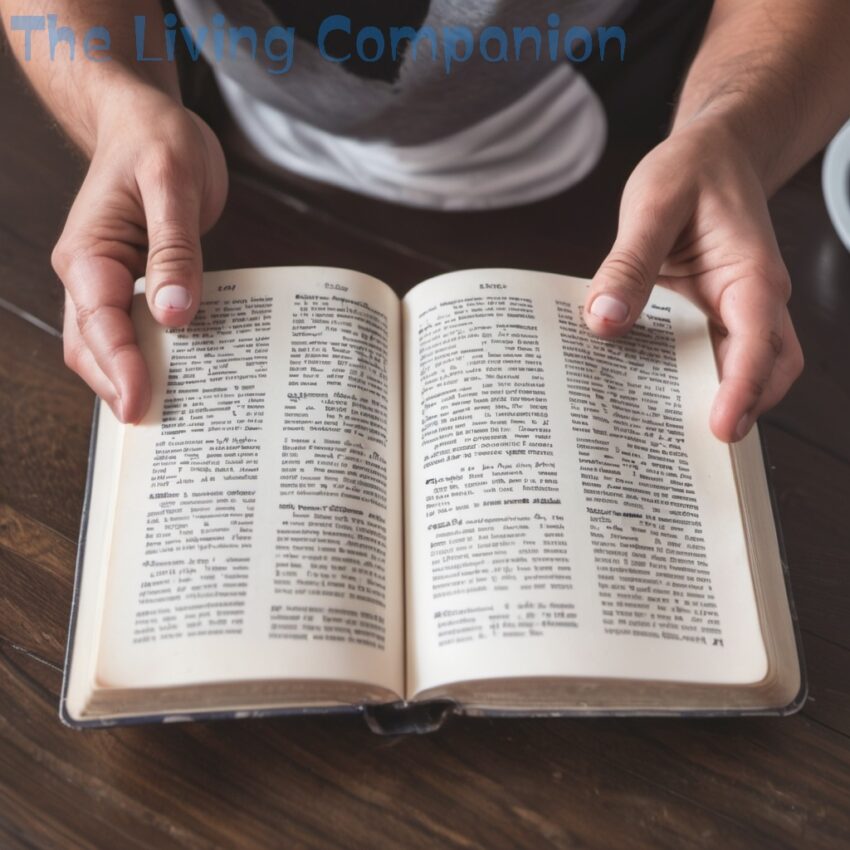“What is time?”
Oxford dictionary defined time as: the continued sequence of existence and events that occurs in an apparently irreversible succession from the past, through the present, and into the future.
The New Testament (NT) has two main concepts of time represented by two Greek words: chronos (χρόνος) and kairos (καιρός).
Chronos is about sequential time as we often think of it – clocks, calendars, and weekend plans. It is where we get words like chronological.
Kairos is about the right season or occasion. Some Greek dictionaries define it as “appointed” time. Jesus came into the world on kairos time – precisely the right time.
Time, therefore in our First Reading directs us to God’s time. Our kru people will say “snortee” – in its connotation it’s “God’s time is the best.” There is a time for every kind of good and bad thing alike, and no matter what we do or try to do, there can be no true satisfaction and meaning for us to worry about what is beyond our control.
Qoheleth tells us that there is a time for everything. The book reminds us that there is a rhythm in life and a cycle of change to all things. It is a meditation on the rhythms of life – some that we cannot control and others that we can.
Qohelet begins with things we cannot control – birth and death, planting and harvesting. No matter how we try to influence them, we ultimately have to go with the rhythm of God’s work in the world. Is this something that we feel comfortable with? Or do we feel that we should have more control in areas like these.
For example, some people want to prolong life, and delay death as much as possible, or even eliminate it altogether. Today in our medicalized society, we have come to think that death should be avoided at all costs. These verses remind us that death is a part of life. It is an inevitable reality we cannot escape. The poem is simply making the point that this is the way God has made things in His world.
As Christians, we are all expected to do what God has called us to do and to fulfill the missions we have been entrusted with.
Finally, as we celebrate St. Vincent de Paul, a great saint and man of God today, we are reminded of his life and dedication to God and commitment to serve others. This should be a great inspiration and example for us all. Like St. Vincent de Paul, we are called to seek the Lord and do His will instead of seeking worldly pleasures and things that we cannot control. Let us remind ourselves of his life that we may come to be good and faithful Christians.
By: Rev. Fr. Charles S. N. Makara




Let’s pray for God’s time (Kairos)to be fulfilled in our lives especially the lives of our brothers and sisters faced with unforeseen circumstances of life. Amen. Thanks for sharing.
Amen!
Surely, Padre.
And thanks for taking your time to read through.
Awaiting your reflections someday.